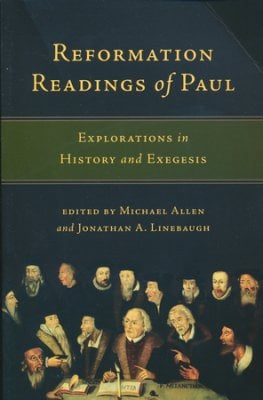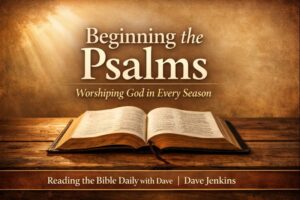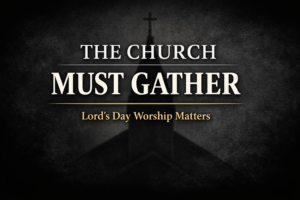⏱️ Estimated Reading Time: 3 min read
Are we reading Paul right? That’s one of the questions of the hour in Christian academia. The New Perspective on Paul movement has sought to redefine our understanding of Paul’s theology, particularly in how Paul defines justification and thus how we look at doctrines emphasized by the Reformers. This “new perspective” has caused quite some controversy, and we would all be helped in returning to some key theologians in church history for help in these areas.
Luckily for us, “Reformation Readings of Paul” helps us do this. This book is a collection of essays focusing on five key Reformers — Luther, Melanchthon, Bucer, Calvin, Cranmer — and how they exegete Paul’s writing. Most of these theologians and the two chapters devoted to them center on one key epistle each, which makes “Reformation Readings” essentially a study of these theologians’ commentary on Scripture. These essays are written by some of the finest in academic study, including Dane Ortlund, Wesley Hill, and John Barclay. The essays are written in such a way where the author, theologian, and Paul all have a voice in each chapter, helping provide a balanced conversation about these important topics. Essay one is a broad glance at the Reformer’s theology, while essay two is a deeper look into their engagement with the given text.
One of the high points of this book is how these authors help us watch theologians engage with other theologians. These aren’t mere expositions of, for example, Luther’s thoughts on Galatians. In the chapters on Luther (chapters 1-2), we get to see how his exegesis interacts with other prominent theologians like Jerome, Aquinas, and Augustine. This comprehensive view into the rights (and sometimes wrongs) of these particular theologians really helps steer us in the right direction when it comes to addressing topics like justification by faith, Christology, and spiritual disciplines.
Another great feature of this book is that while this book addresses some of the foremost Reformers, a lot of this book is devoted to bringing to light some of the lesser-known theologians, like Melanchthon, Bucer, and Cranmer. It is likely that all 3 of these would be left out of the “Mount Rushmore” of Reformers, but we have lots of wisdom to glean from these figures in their understandings and commentary on Scripture.
One last thing I love about this book. Many of us know Cranmer, for example, for his Book of Common Prayer, but as Linebaugh notes in his chapter, Cranmer never wrote a commentary. This makes studying Cranmer’s thoughts on Paul difficult if we don’t have access to many of Cranmer’s works, much more difficult than picking up a commentary. “Reformation Readings” brings the commentary to us instead of making us go searching for it.
This is a great book for anyone desiring to look further into the holes in the New Perspective on Paul’s understanding of critical doctrines like justification, and further, the evidence outlined for us by the Reformers. It also helps us read these key Pauline texts in the light of Reformation history and how we should apply these thoughts to our 21st-century context. I am thankful for the folks at InterVarsity for publishing a very helpful and thorough commentary-style book on Paul’s writing through the eyes of the Protestant Reformer.




